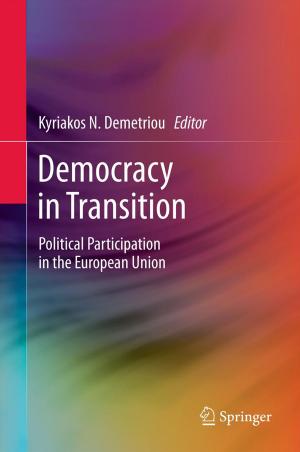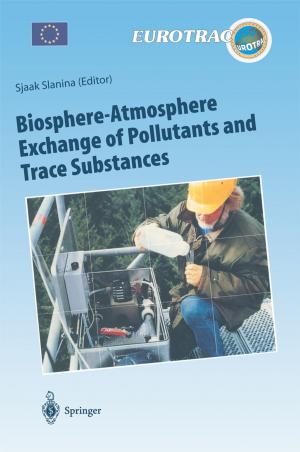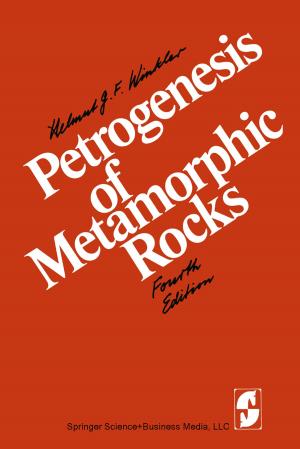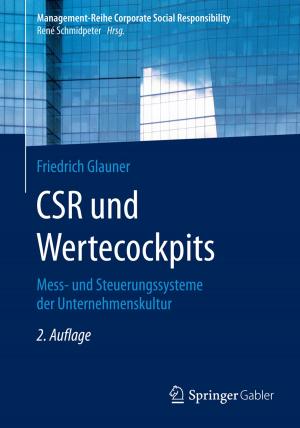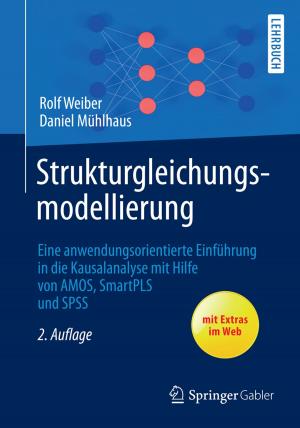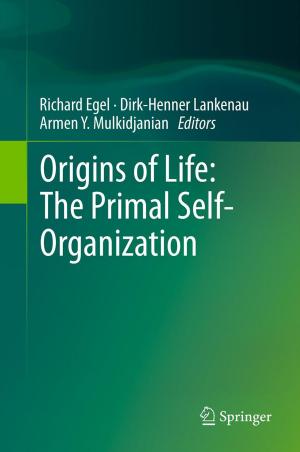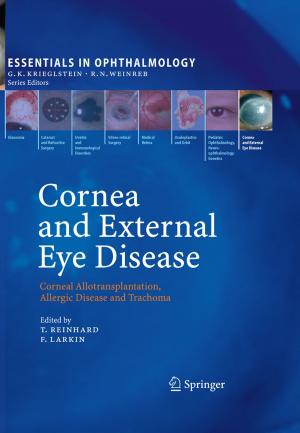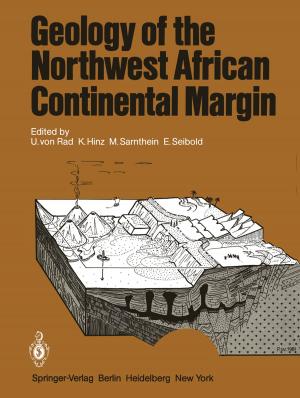Surgery and Arthroscopy of the Knee
Second European Congress of Knee Surgery and Arthroscopy Basel, Switzerland, 29.Sept.-4.Oct.1986
Nonfiction, Health & Well Being, Medical, Specialties, Rheumatology, Surgery| Author: | ISBN: | 9783642727825 | |
| Publisher: | Springer Berlin Heidelberg | Publication: | December 6, 2012 |
| Imprint: | Springer | Language: | English |
| Author: | |
| ISBN: | 9783642727825 |
| Publisher: | Springer Berlin Heidelberg |
| Publication: | December 6, 2012 |
| Imprint: | Springer |
| Language: | English |
The need for greater international collaboration is becoming increas. ingly clear. Practically every nation or people has, in addition to its own characteristics and history, its own medical tradition. Methods and ways of thinking that are successfully established in one place may not be accepted in another for some time. The medical tradition and training in different countries can take quite different forms. What would our present knowledge be - Without the creative, spontaneous ideas and contributions from the romance countries? - Without the opportunity of research, as it is practised on a large scale in the USA, where so many young Europeans took their first steps in experimental science? - Without the conscientious clinical work done in Central Europe and the valuable experience gained there? - Without, finally, the sober and critical scientific approach, as fostered in the cool heads of Northern Europe for generations? None of these qualities is sufficient without the others, but together they are a source of strength. Ultimately, we hope, through sensible con centration of efforts (while maintaining variety), to overcome the lack of an integrated approach in experimental science and to prevent repetition of painful mistakes. In this regard, the first two ESKA congresses have brought us great advances.
The need for greater international collaboration is becoming increas. ingly clear. Practically every nation or people has, in addition to its own characteristics and history, its own medical tradition. Methods and ways of thinking that are successfully established in one place may not be accepted in another for some time. The medical tradition and training in different countries can take quite different forms. What would our present knowledge be - Without the creative, spontaneous ideas and contributions from the romance countries? - Without the opportunity of research, as it is practised on a large scale in the USA, where so many young Europeans took their first steps in experimental science? - Without the conscientious clinical work done in Central Europe and the valuable experience gained there? - Without, finally, the sober and critical scientific approach, as fostered in the cool heads of Northern Europe for generations? None of these qualities is sufficient without the others, but together they are a source of strength. Ultimately, we hope, through sensible con centration of efforts (while maintaining variety), to overcome the lack of an integrated approach in experimental science and to prevent repetition of painful mistakes. In this regard, the first two ESKA congresses have brought us great advances.

